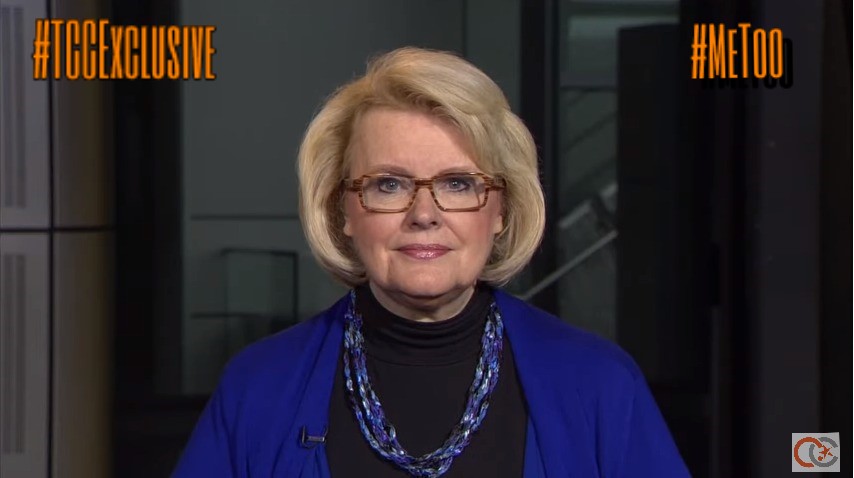
Jill Geisler, the Newseum Institute fellow in women’s leadership, is an expert on the past, present and future of the #MeToo movement. Now that momentum is building for this important movement, many people are wondering what’s next for #MeToo?
The future looks bright and it involves two huge components on the go forward: education and inclusion.
While accusations ranging from bad behavior to criminal activity are rampant in the media across all disciplines, the time for blame is over and a new path must be forged on the go forward.
Times are changing and even though behaviors that were thought to be okay 30, 20 and even 10 years ago are being looked at with a different lens, and while they cannot be undone, these actions can be corrected as people vow to not make the same mistakes from now on.
Fascinating findings came out of The Power Shift Summit, a meeting of 130 leaders in the news industry that took place late last year, on the state of sexual harassment. Sixty percent of women have reported that they have endured some kind of harassment in the workplace over the course of their careers.
Also, most places that report incidents of sexual harassment also are shown to have environments of incivility where discrimination and a lack of inclusion.
 Interns and temporary or contract workers are most vulnerable to sexual harassment as they often feel powerless and are afraid for their jobs.
Interns and temporary or contract workers are most vulnerable to sexual harassment as they often feel powerless and are afraid for their jobs.
This summit yielded the Power Shift Project which includes a series of live events from the Newseum with experts who will provide training and tools to a variety of audiences on important issues related to harassment and discrimination.
This project also generated #PowerShiftPledge challenge for journalists, newsroom managers and senior leadership, asking them individually or as a company to “support a workplace where all are free from harassment and empowered to succeed.”
Along with this pledge, Newseum has created a set of tools that can be used across the board to help create a world where harassment at the workplace is a thing of the past.
One more thing to look forward to is Newseum's Power to the Interns initiative.
In addition to her work with Newseum, Geisler is the Bill Plante Chair in Leadership and Media Integrity at Loyola University Chicago and trains the next generation of journalists, as well as newsrooms across the world on proper journalistic habits and how to create positive, productive newsrooms. She wrote the book Work Happy: What Great Bosses Know and writes a monthly management column for the Columbia Journalism Review.
Jill Geisler spoke with Michelle Tompkins for The Celebrity Café about many important things including what makes a bad boss, described what the Newseum is and what it is doing to help, how the #MeToo movement has stalled the conspiracy of silence that was in effect for so long, the importance of having good men join in this fight as well, what can be done to educate and protect interns and other employees, what is the Power Shift Project, what is Power to the Interns, how people can access the free training and programs that have been developed and more.
For more information on the Jill Geisler, the Power Shift Project or to gain access to free tools from Newseum, please visit here.
There has been a critical error on your website.<\/p>
Learn more about debugging in WordPress.<\/a><\/p>","data":{"status":500},"additional_errors":[]}
